BaoDao Talk Blog
2024-06-11updated
Remembering Ancestors: The Culture of Qingming Festival in Taiwan
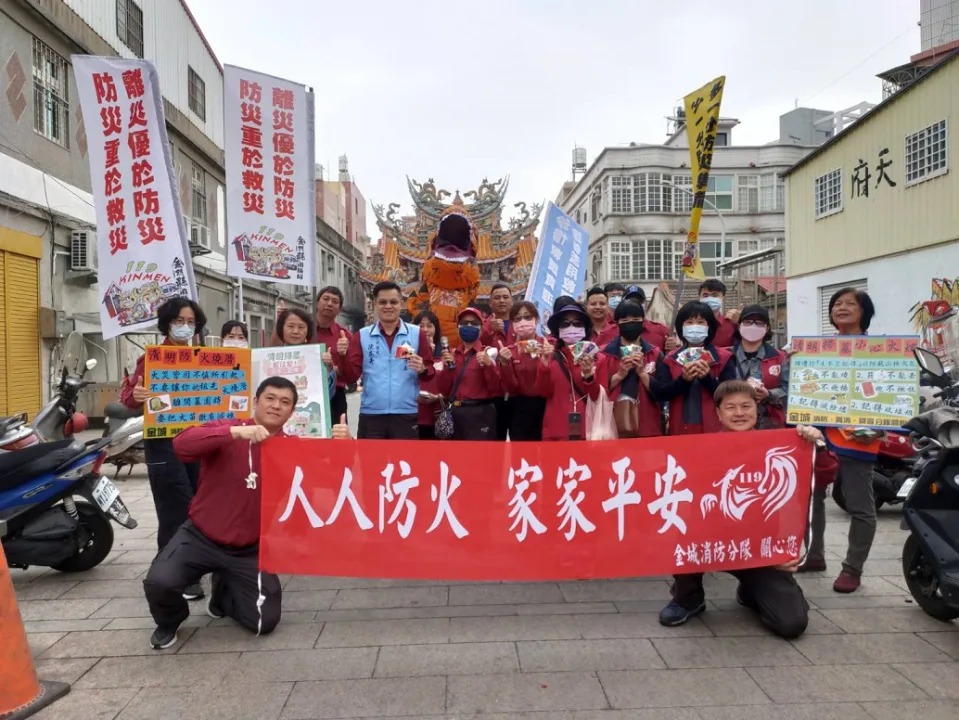
# Traditional Chinese Festival
# Get to know Taiwan
n this blog post, we delve into the rich cultural heritage of the Qingming Festival, a significant event in Taiwan that honors ancestors and celebrates the arrival of spring. Discover the customs, rituals, and historical significance of this important festival. Learn how Taiwanese families come together to pay their respects, clean ancestral tombs, and enjoy traditional foods. This post offers a fascinating glimpse into the ways in which the Qingming Festival helps preserve and strengthen familial bonds and cultural identity in Taiwan. Join us as we explore the traditions and heartfelt practices that make this festival a cherished part of Taiwanese culture.
Quick Navigation
- Origin and Tradition of Qingming Festival
- Date and Extended Holidays in Taiwan
- Similarities and Differences with Western Holidays
- Activities During Qingming Festival
- Traditional Foods Consumed During Qingming Festival
- Interpretation of the Phrase "清明時節雨紛紛"
- Addressing Negative Impacts: Tomb-Sweeping Fire Hazards
- Learn some Mandarin!
Origin and Tradition of Qingming Festival
The Qingming Festival, also known as Tomb-Sweeping Day, holds deep cultural significance in Taiwan. It traces its origins back to ancient Chinese traditions and has evolved over centuries into a day of honoring ancestors and paying respects to the departed.
Ancient Roots
Qingming has its roots in the Cold Food Festival, an ancient tradition observed by the Chinese to commemorate a loyal subject named Jie Zitui during the Spring and Autumn Period.
Evolution into Qingming Festival
Over time, the Cold Food Festival merged with other customs, eventually becoming the Qingming Festival as we know it today. This transformation occurred during the Tang Dynasty (618–907 AD), solidifying its place as a vital cultural event.
Date and Extended Holidays in Taiwan
Qingming Festival typically falls on April 4th or 5th of the Gregorian calendar, marking the onset of warmer weather and the arrival of spring. In Taiwan, it often leads to extended holidays, primarily to accommodate people traveling to their hometowns for tomb-sweeping rituals.
Extended Holidays for Family Reunions
The extended holidays serve as an opportunity for families to come together, bridging geographical gaps and reaffirming familial bonds through shared rituals and gatherings.
Similarities and Differences with Western Holidays
Qingming Festival shares similarities with Memorial Day in the United States and All Souls' Day in various European countries. However, there are notable differences in the customs and practices observed during these occasions.
Commemoration of the Departed
Like Memorial Day and All Souls' Day, Qingming Festival involves paying respects to the departed. However, the methods and cultural significance attached to these acts vary significantly across different cultures.
Activities During Qingming Festival
Qingming Festival is characterized by various activities and customs aimed at honoring ancestors and celebrating the arrival of spring.
Tomb Sweeping
The central ritual of Qingming Festival is tomb sweeping, where families visit the gravesites of their ancestors to clean and decorate them, offer prayers, and burn incense as a sign of reverence.
Outdoor Activities
In addition to tomb sweeping, families often engage in outdoor activities such as flying kites, enjoying picnics, and appreciating the beauty of nature—a tradition deeply rooted in the festival's association with the arrival of spring.
Traditional Foods Consumed During Qingming Festival
No Taiwanese celebration is complete without indulging in traditional delicacies, and Qingming Festival is no exception. Several iconic dishes hold special significance during this time of year.
Glutinous Rice Treats
Spring rolls 【潤餅(ùn bǐng) or 春捲(Chūn juǎn)) are a delicacy prepared by Taiwanese people during the Qingming Festival. It is said that because cooking is prohibited on Qingming Festival, people wrap prepared ingredients in pastry for consumption. However, another theory suggests that spring rolls were invented during the Qing Dynasty amidst the chaos of the Taiping Rebellion when people had no time to prepare ancestral offerings. They then rolled various foods into pastry, creating the well-known "spring rolls."
Making the pastry for spring rolls is labor-intensive and time-consuming, so on Qingming Festival, people queue up at shops to buy them. The pastry is filled with ingredients such as dried tofu, egg floss, peanut powder, dried radish, bean sprouts, cabbage, and braised pork, wrapped into rolls for convenient consumption, and is incredibly delicious.

Interpretation of the Phrase "清明時節雨紛紛"
The famous Chinese saying "清明時節雨紛紛" (qīng míng shí jié yǔ fēn fēn) translates to "In the Qingming season, the rain is incessant." This phrase holds profound cultural significance in Taiwan, where rainfall during Qingming Festival is a common occurrence.
Symbolism of Rain The phrase symbolizes the arrival of spring rains, which are essential for nourishing the earth and promoting the growth of crops. It reflects the cyclical nature of life and the rejuvenating power of nature during this transitional period.
Addressing Negative Impacts: Tomb-Sweeping Fire Hazards
Despite its cultural importance, Qingming Festival also poses certain risks, particularly concerning fire hazards associated with traditional tomb-sweeping practices.In the past, people used to burn fires in overgrown cemetery areas, incinerating all the wild grass and offering paper money to worship their ancestors. However, such practices often led to various disasters. With the increasing awareness of environmental protection and safety, fewer and fewer people engage in such behavior.
Fire Safety Awareness
To mitigate these risks, authorities, including the Fire Department, actively promote fire safety awareness during Qingming Festival, urging the public to refrain from using open flames and incense near dry vegetation and gravesites.
Learn some Mandarin!
- 【清明節】(Qīngmíng jié) [noun]: Qingming Festival
A traditional Chinese festival for commemorating ancestors and paying respects to the departed, typically observed by cleaning and decorating gravesites.
- 【傳統】(chuántǒng) [noun]: Tradition
Customs or beliefs passed down from generation to generation, integral to the observance of Qingming Festival.
- 【文化】(wénhuà) [noun]: Culture
The customs, arts, and social institutions of a particular group or society, reflected in the practices associated with Qingming Festival.
- 【紀念】(jìniàn) [verb]: Commemorate
To honor and remember someone or something, as done during Qingming Festival.
- 【祭祖】(jìzǔ) [verb]: Ancestral worship
The practice of paying homage to one's ancestors, a central aspect of Qingming Festival rituals.
- 【春天】(chūntiān) [noun]: Spring
The season following winter, symbolizing renewal and rebirth, coinciding with Qingming Festival.
- 【祈福】(qífú) [verb]: Pray for blessings
To express wishes for good fortune or divine favor, often done during Qingming Festival ceremonies.
- 【雨水】(yǔshuǐ) [noun]: Rainwater
Associated with the arrival of spring and often mentioned in conjunction with Qingming Festival.
In reverence to ancestors and distant remembrance, Taiwan's Qingming Festival culture embodies a rich tapestry of tradition, symbolism, and communal spirit. From its ancient origins to modern-day practices, the festival continues to serve as a poignant reminder of the enduring connections between past, present, and future generations.
Share to:
Popular Articles
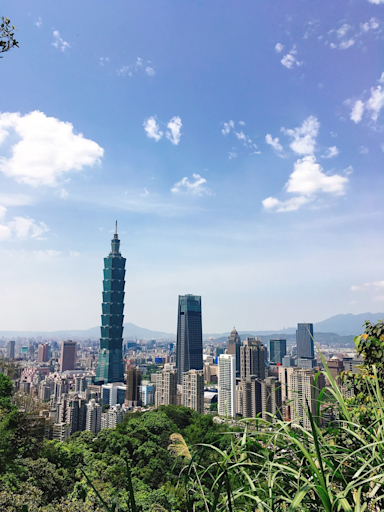
2024-09-20
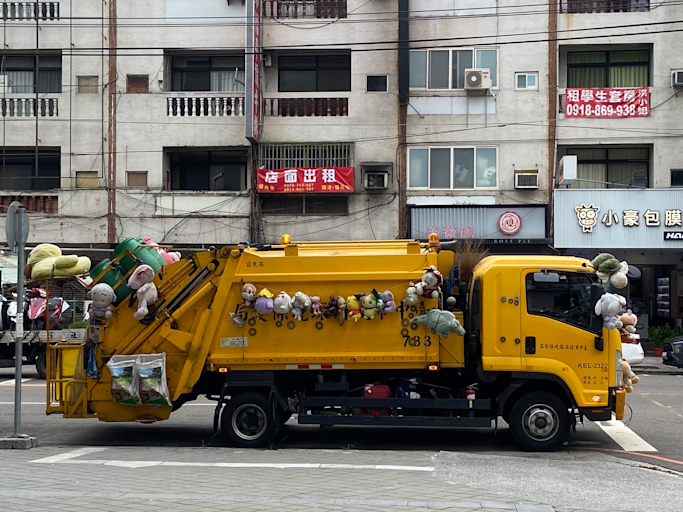
2024-08-30
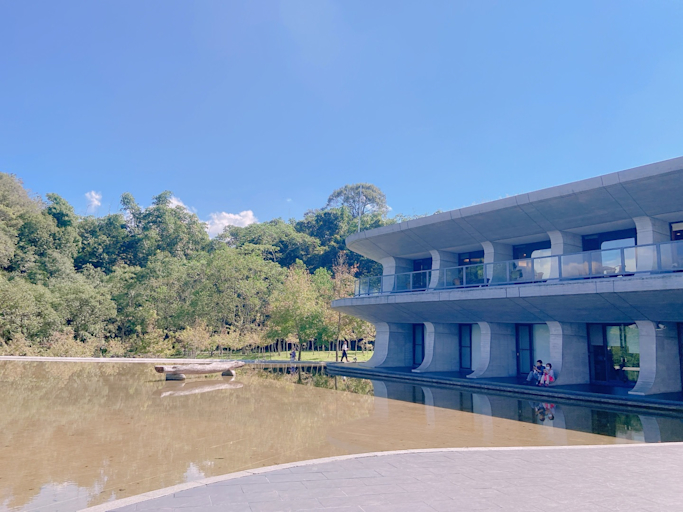
2024-08-23

2024-08-16
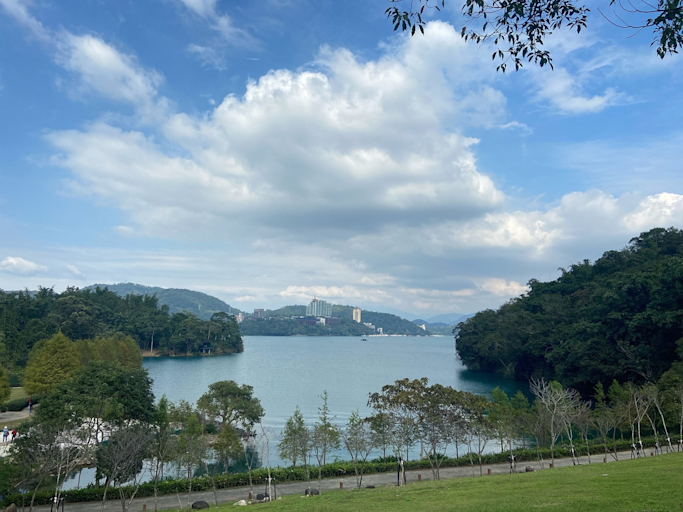
2024-08-08
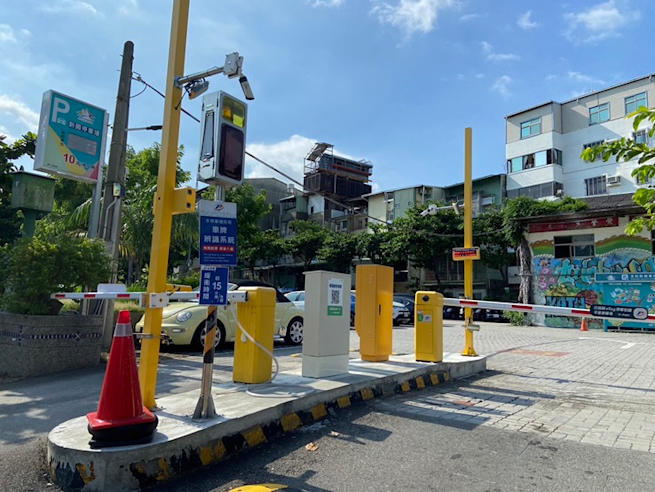
2024-08-02

2024-07-26

2024-07-19
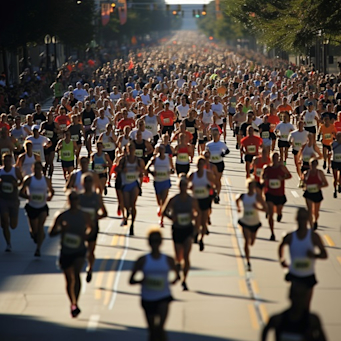
2024-07-12

2024-06-28
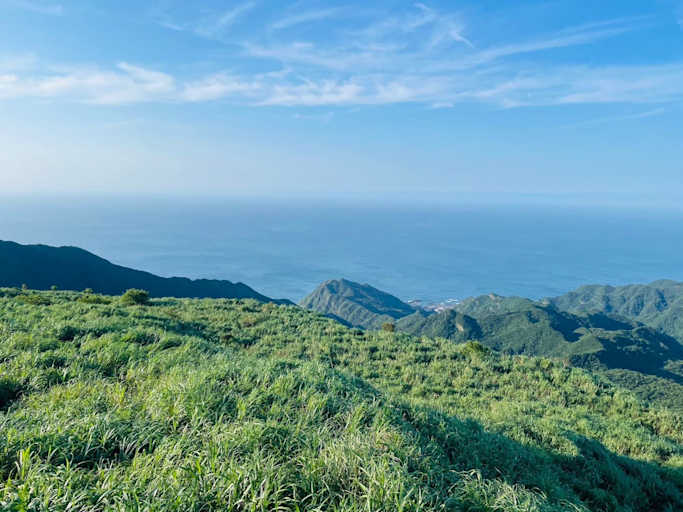
2024-06-21
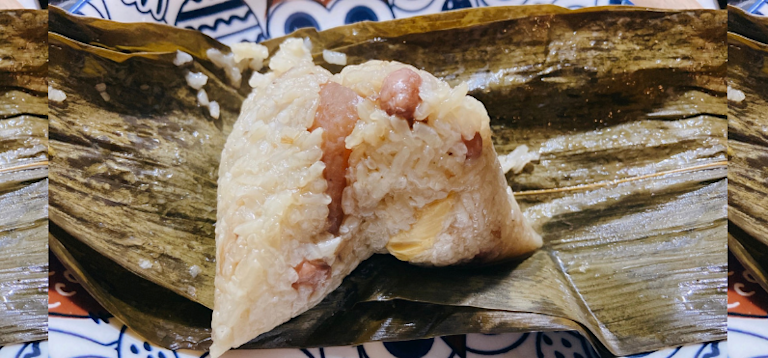
2024-06-11